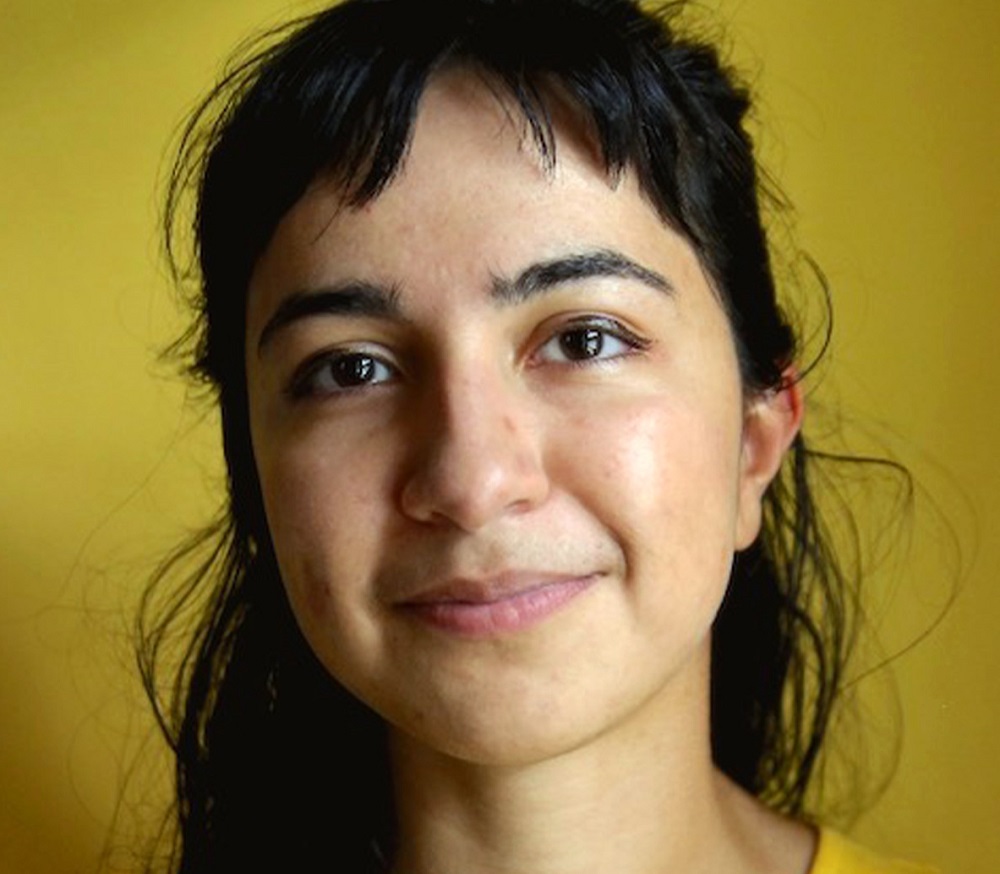 Community Impact Fellows to address information gaps affecting Native American, Black, Latino, Asian communities
Community Impact Fellows to address information gaps affecting Native American, Black, Latino, Asian communities
An award-winning Indian American journalist entrepreneur, Sonam Vashi, is among 10 Community Impact Fellows named by the John S. Knight Journalism Fellowships at Stanford University for 2021-2022.
A lifelong Atlantan, Vashi is co-founder and operations director of Canopy Atlanta, a community-led nonprofit newsroom telling stories chosen, produced, and presented with local residents.
Vashi’s work covering criminal justice, immigration, and the South has appeared in the New York Times, Atlanta magazine, ProPublica, CNN, the Washington Post, National Geographic, and several others.
She earned a BA degree in political science and journalism from Emory University. She is working with professors at Emory University to investigate Jim Crow–era racial terrorism in Georgia, including the 1906 Atlanta Massacre.
Read: Indian American student at Stanford Paras Singh Minhas selected for Paul & Daisy Soros Fellowship (April 16, 2015)
The 2021-22 fellows are veteran and emerging journalism leaders who will work remotely in their communities on practical solutions to address the U.S. journalism industry’s long-standing neglect of communities of color, according to a media release.
Their projects will address news and information gaps affecting Native American, Black, Latino, Asian and other communities that have been significantly impacted by the pandemic, systemic racism and the deterioration of legacy local news outlets.
“We’re thrilled by the wide range of experience levels, talents and types of local organizations around the U.S. that our new JSK Community Impact Fellows represent,” said JSK Director Dawn Garcia.
“Their news and information projects will provide essential information to communities of people who are too often overlooked.”
The JSK Community Impact Fellows will develop news and information solutions that better engage underserved communities of color in 10 cities across the United States.
These cities are Atlanta, GA; Bloomfield, NJ; Cleveland, OH; Halliday, ND; Los Angeles, CA; New Orleans, LA; Philadelphia, PA; Riverside, CA; Salinas, CA and Vallejo, CA.
The fellowship runs from Sept. 13, 2021, to June 3, 2022, though many of the fellows have already begun their work and will continue their projects well after the fellowship ends.
The fellows will document their work publicly throughout the year, highlighting key strategies and lessons learned.
JSK Fellowship will continue the remote model introduced in June 2020, pivoting from its traditional Stanford-based residential fellowship to a virtual arrangement because of the pandemic, for a second year.
“The fellows made great progress with their on-the-ground projects to listen, learn and serve the information needs of their local communities of color,” said Garcia.
“From empowering citizens in Cleveland and Los Angeles to participate in local government meetings, to teaming up with local residents in Northampton County, NC to create a newsletter that focuses on environmental journalism as a community service, to partnering with the community in Boise, Idaho to relate bilingual COVID-19 news to help combat coronavirus misinformation, we were awed by what our fellows accomplished in these communities.”
Read: JSK Names 10 Community Impact Fellows, Including Indian American Journalist Sonam Vashi (October 11, 2021)
Fellows will receive stipends of up to $75,000, additional funds to support their project work, strategic advising, membership in a cohort of innovative leaders, and remote access to the world-class resources of Stanford.
The Class of 2021-2022 joins a thriving JSK community. More than 1,000 people from over 80 countries have participated in journalism fellowships at Stanford since the program first began in 1966, the release said.




1 Comment
Hu dat??? and so who gives a rat’s ass. Come on man, nobody cares a sheet.